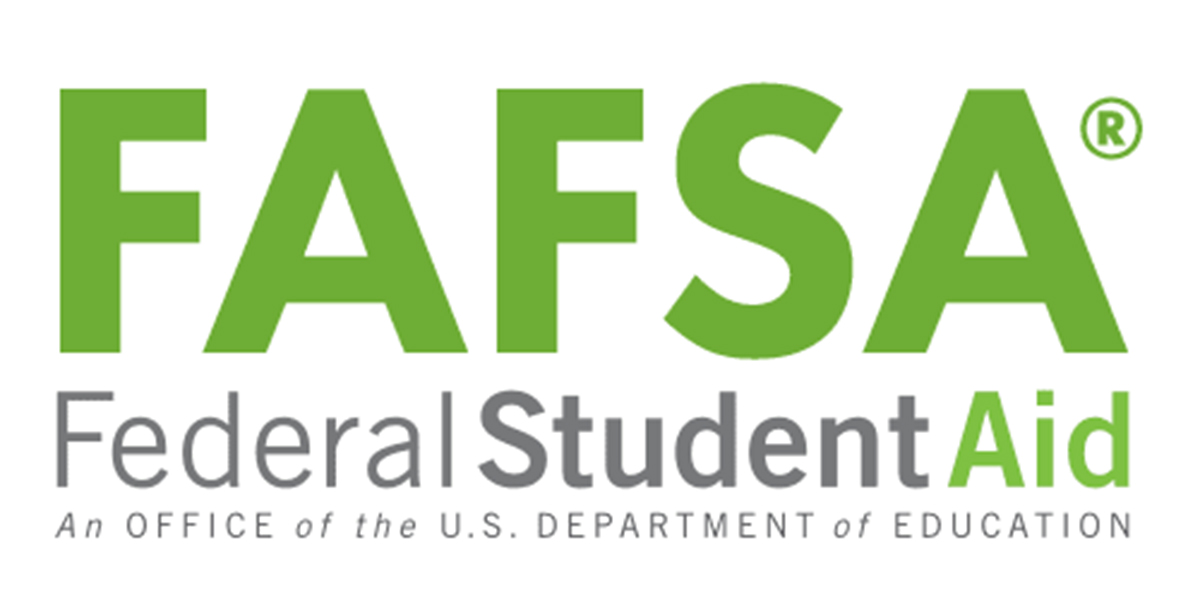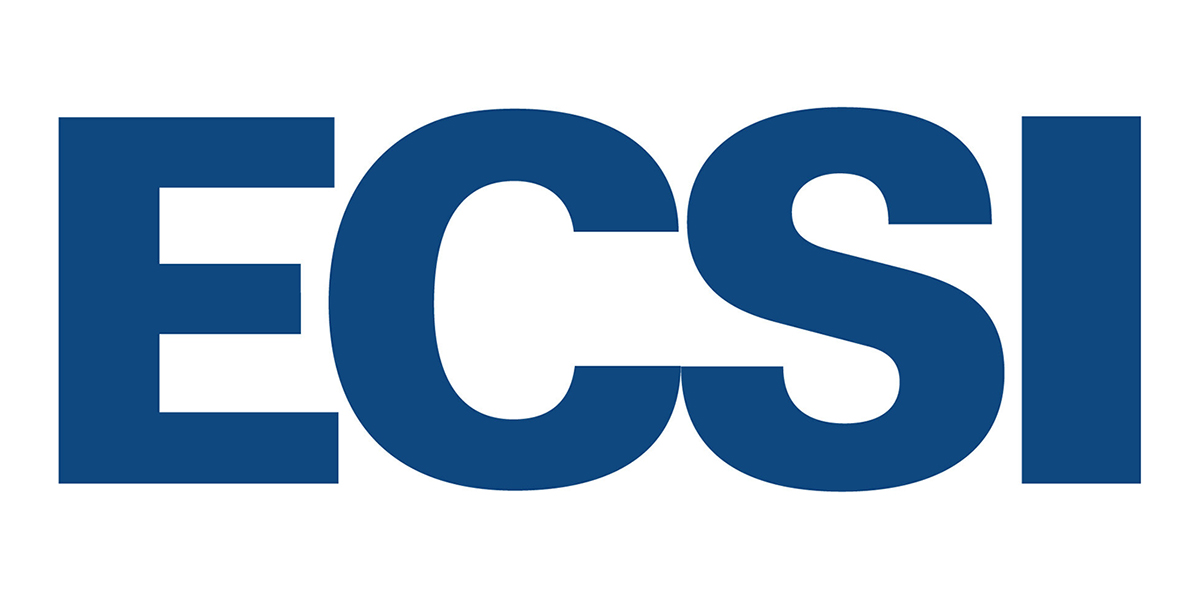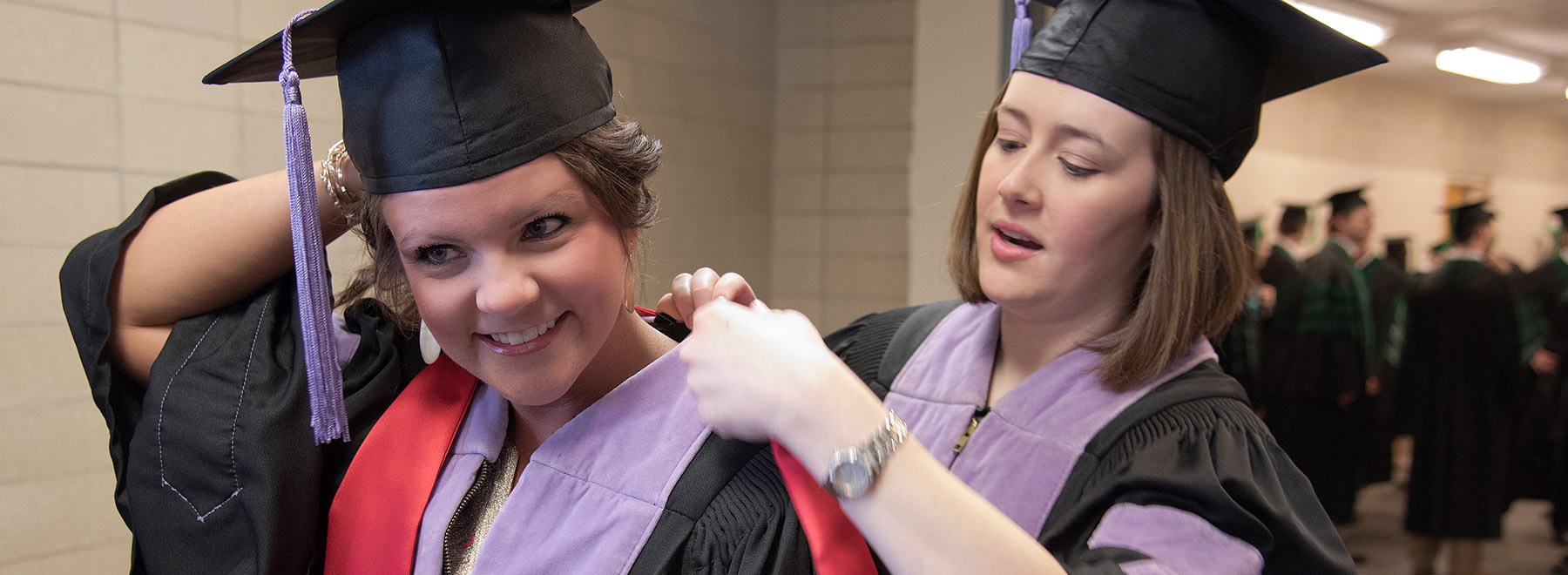
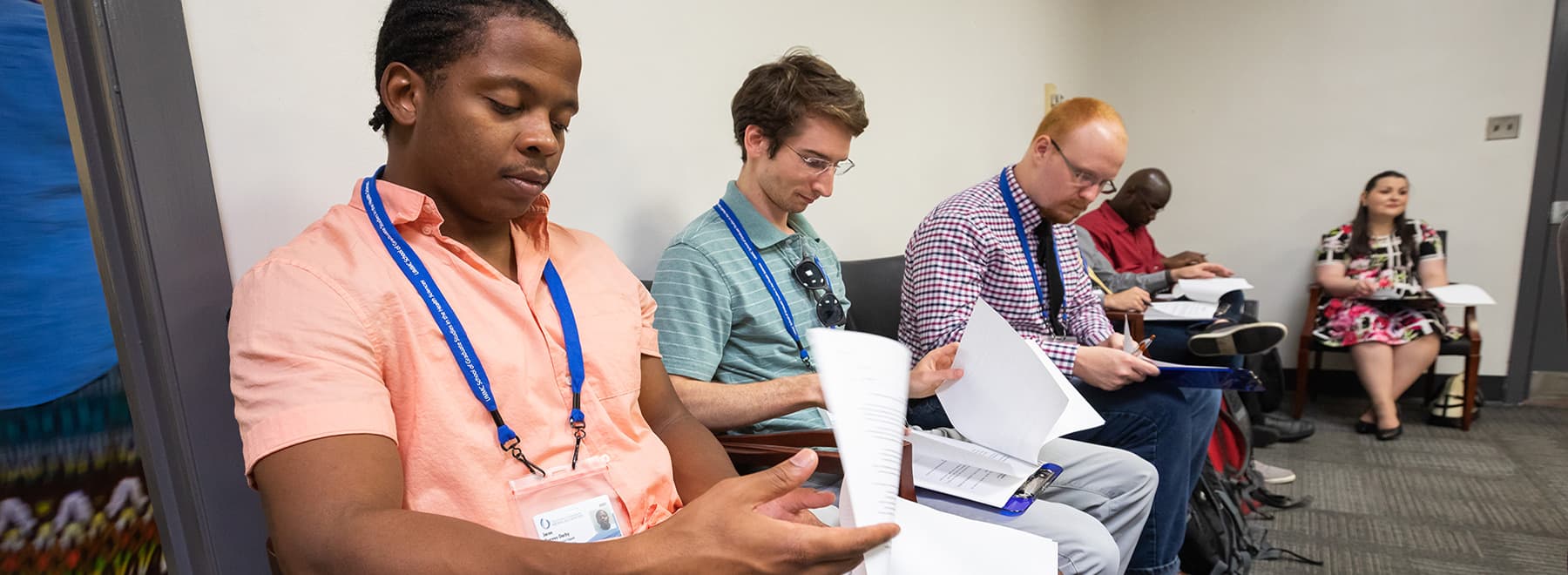
Office of Student Financial Services
Welcome to the Office of Student Financial Services, where we assist students in meeting their educational expenses while attending the University of Mississippi Medical Center (UMMC). Assistance is provided through grants, scholarships and loans. As you prepare to pursue higher learning at UMMC, you take on many exciting responsibilities. Pursuing funding is a responsibility, but it does not have to be a challenge.
The Office of Student Financial Services is here to help you begin and fulfill a rewarding educational experience at UMMC. We encourage you to complete any required application(s) as early as possible and to view your Workday daily to ensure that you receive maximum consideration for the aid for which you may qualify.
See What Types of Aid Are Available
As you prepare for college, explore how financial aid works, learn about the types of aid and find out if you are eligible.
Learn more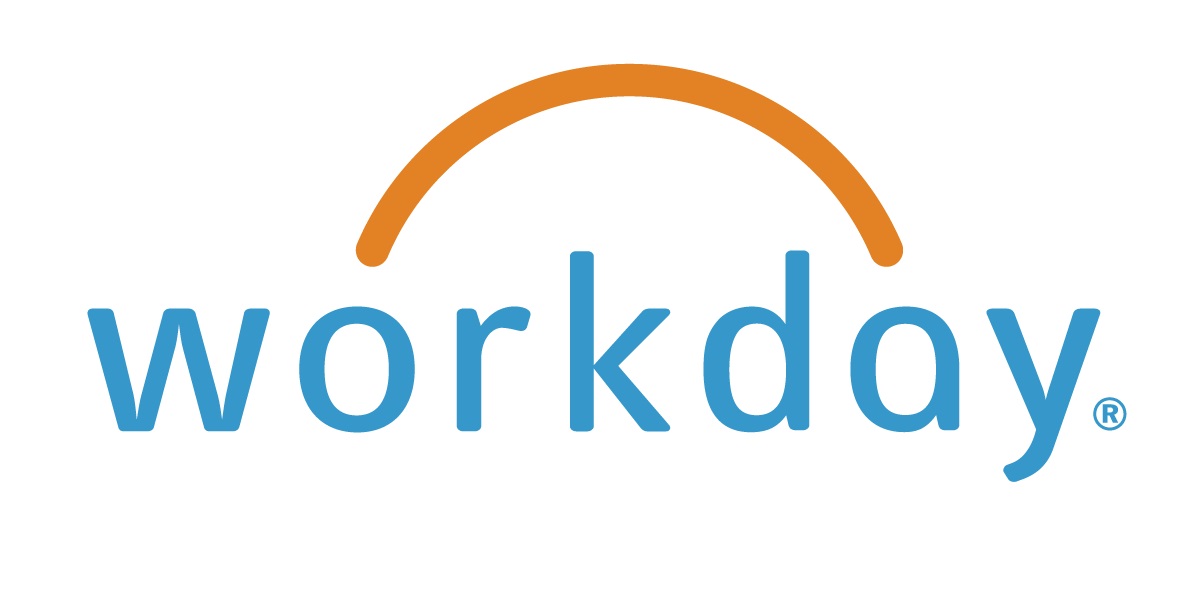
View or manage financial information online.
All financial aid processing and offers will be completed through Workday.
How to Find Us
The Office of Student Financial Services is located in the Verner S. Holmes Learning Resource Center, Room U124.
Our location


